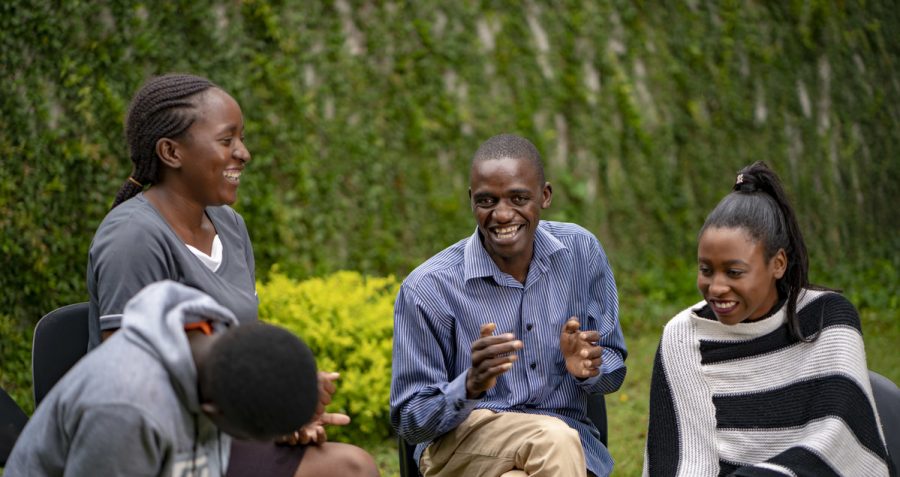Mental health literacy project

Key information
- Organisation: National Aids Convention of South Africa (NACOSA)
- Country: South Africa
- Region: Eastern and Southern Africa
- Stage of innovation: Stage 3: Pilot
- Start date: 2022
- Type of innovation: Service innovation: new or improved service
- Budget: 48,000 USD
- Funder: Global Fund
Summary of intervention
The mental health of adolescents and young people (AYP) in South Africa has been extremely poorly served recently, resulting in life-long impacts. A desktop review reported limitations in local mental health resources and access to community mental health interventions. One in seven adolescents (14%) has a mental disorder and suicide is in the top ten causes of death amongst AYP aged 15–19 years. In one of NACOSA’s HIV prevention programmes, mental health problems have shown to have a significant impact on HIV health outcomes; conversely pandemics such as HIV/AIDS and COVID-19 negatively affect the mental health of AYP.
NACOSA identified an opportunity to prevent, identify and treat mental health problems through multidisciplinary approaches whereby community cadres such as social workers, linkage officers, social auxiliary workers and peer mentors conduct routine screening and assessment using a mental health literacy tool. Where indicated, they then treat patients with common mental health disorders before onward referral for psychosocial support. Scaling mental health literacy facilitates increased access to community-based mental health support to AYP enrolled in a HIV prevention programme.
learnings
The intervention provided insight into the state of AYP mental health in Mitchells Plain, Klipfontein, Sol Plaatje and Tshwane 1. There was an increased demand for psychosocial support and mental health referrals, especially after COVID-19 lockdowns. Trainings went well but revealed the need for mentoring during the learning journey. The need for mental health literacy training resulted in the adaptation of the initial training resources for virtual platforms to enable NACOSA to scale up the training. The need for youth-friendly illustrations and content in IEC materials also became clear.
next steps
The initial training resources are being adapted for virtual platforms to allow for scale-up. A community map will be included to refine and strengthen referral pathways and the resources will be made available to NACOSA programmes and to other stakeholders in the field of mental health.
sustainability
The training will be accredited and screening tools adapted to access funding from Health SETA. NACOSA will continue to engage the National Department of Health and the Department of Social Development and develop plans to scale nationally to gain further support. Training on the tools will be offered to generate income generation for the NACOSA training institute.

